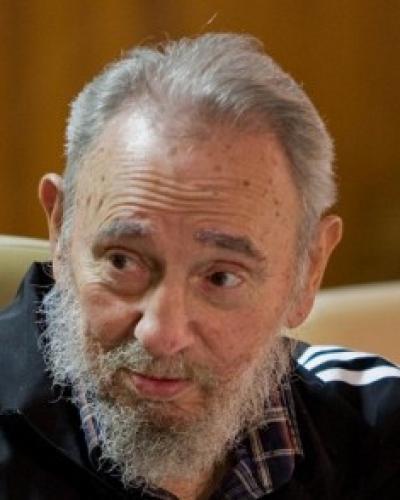Havana, October 14 (RHC) -– In his most recent article, entitled “What Cannot be Forgotten,” Cuban Revolution leader comments on last Sunday’s Internet edition of The New York Times, which published the editorial “End the U.S. Embargo on Cuba” on Washington's Cuba policy and the path that the country must follow, according to the views of that U.S. publication.
In his article, Fidel says that at certain times, such articles are signed by some prestigious journalist, like someone he had the privilege of meeting during the first days of the armed struggle in the Sierra Maestra mountains, after the rebel forces were almost eliminated by the Batista aviation and army. He said they were quite inexperienced at the time and that they did not even notice that giving the impression of being strong would constitute something deserving criticism. But that was not the view of a valiant war correspondent whose story gave him a name in the tough times of the war against fascism. That correspondent was Herbert Matthews, Fidel notes.
He recalls that the People’s Socialist Party leader Carlos Rafael Rodriguez witnessed what happened afterwards when a Batista combat unit surrendered after 10 days of fighting, and that later the elite forces withdrew from the mountains, they had found the appropriate way to defeat them, Fidel pointed out and said that these comments were important if he wanted to express the spirit with which he read the article on The New York Times last Sunday, of which he quotes many of its paragraphs.
The Cuban Revolution leader affirms that the article has been written with great ability aimed at benefiting the U.S. policy in the current complex situation, when political, economic, financial and commercial problems are increasing. Add to this those stemming from climate change, trade competition, the speed and accuracy and destructive power of the weapons threatening humanity. What is being written today has quite a different connotation from what was written only 40 years ago, when our planet was already forced to shelter and provide drinking water and food to the equivalent of half the current world population, Fidel says, and adds that all this without mentioning the struggle against Ebola now threatening the health of millions of people.
And Fidel points out that in just a few days, the international community will express at the United Nations its agreement or disagreement with the U.S. blockade of Cuba.


